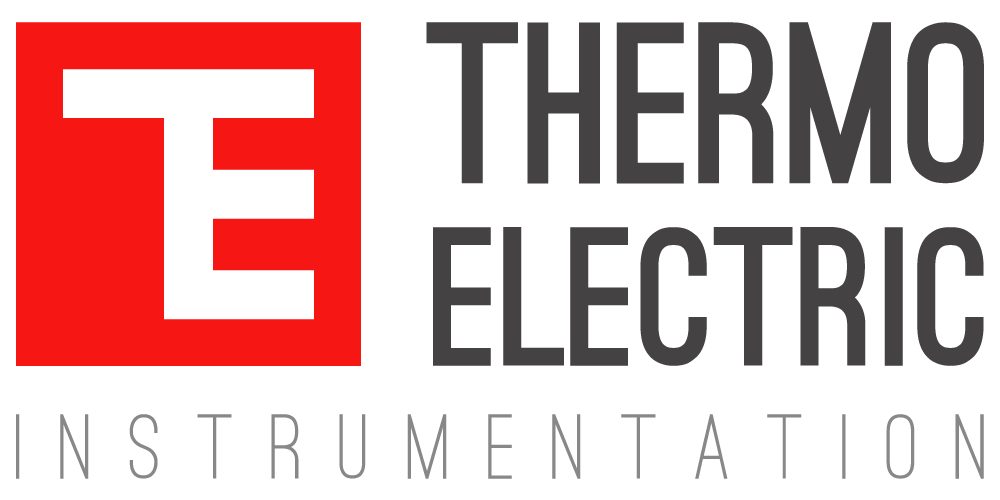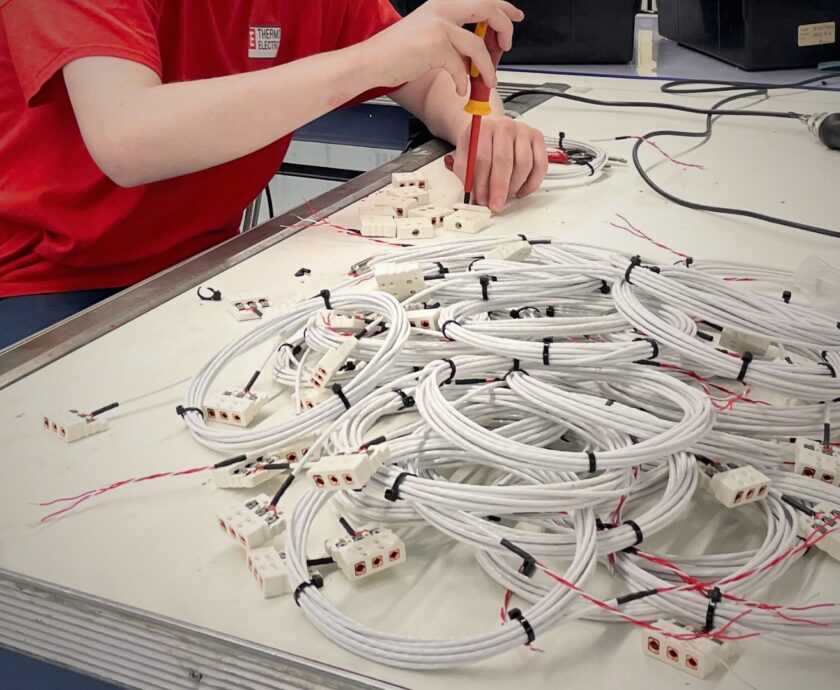In industries like aerospace, semiconductor manufacturing, and medical devices, where precision is essential, accurately measuring temperature in tight or hard-to-access areas is often a major challenge. Traditional temperature sensors are often too large, making it difficult or even impossible to gather the needed data without affecting the design or efficiency of the equipment. Miniature sensors provide an effective solution, enabling precise temperature monitoring in spaces where size constraints are critical.
Why Use Miniature Sensors?
Miniature sensors provide a unique advantage for environments that present physical limitations. Their compact form factor allows them to be installed in areas where conventional sensors simply cannot fit, ensuring accurate readings in even the tightest of spaces. Here are some common challenges that miniature sensors help to solve:
- Confined Spaces: Applications like engine components, medical devices, and semiconductor wafers often have limited space for additional components. Miniature sensors ensure that temperature can still be accurately monitored without compromising design or performance.
- High Precision: Processes such as semiconductor manufacturing or medical diagnostics require extremely precise temperature control. Miniature sensors offer high accuracy, which is critical to ensuring product quality and consistency.
- Rapid Response Times: Small diameter sensors, such as miniature MI-Cable thermocouples, have reduced thermal mass, allowing them to respond quickly to temperature changes. This fast response is essential in applications where temperature fluctuations need to be detected immediately.
Choosing the Right Miniature Sensor
Selecting the right sensor for measuring temperature in confined spaces involves considering several factors, such as sensor type, termination options, and environmental compatibility. Different types of miniature sensors are suited to various industrial needs.
- Miniature MI-Cable Thermocouples
Miniature MI-Cable thermocouples are versatile, general-purpose sensors that can be used across a wide range of industrial processes. The mineral insulation in these sensors provides excellent thermal conductivity, ensuring precise and stable temperature readings even in challenging conditions. MI-Cable thermocouples are available in sheath diameters as small as 0.25 mm, making them perfect for installations in restricted spaces.
- Subminiature MI-Cable Thermocouples
For applications with even tighter space constraints, subminiature MI-Cable thermocouples are an excellent choice. These compact sensors maintain the same high level of accuracy and reliability as standard miniature thermocouples but come with additional termination options:
- Directly Mounted Miniature Plug: This type of termination simplifies installation, providing a secure connection that is ideal for confined areas where space is at a premium.
- Flexible Lead Wire: This option offers greater flexibility in routing the thermocouple wires, making it easier to integrate the sensor into complex equipment layouts.
- Spring-Loaded Thermocouples
Spring-loaded thermocouples are designed for applications where quick installation and replacement are essential. These sensors come in two configurations:
- Silver Tip: The silver tip ensures optimal thermal conductivity and fast response time, making it ideal for applications that require rapid detection of temperature changes.
- Adjustable Bayonet Cap: This design allows for easy adjustment of immersion length and secure mounting, ensuring that the sensor can be properly positioned for accurate readings.
Applications of Miniature Sensors
Miniature sensors are used across a wide range of industries and applications where conventional sensors are impractical. Some common examples include:
- Aerospace Systems: Miniature sensors can be used in aircraft systems, such as hydraulic lines and engine components, where space is restricted, but precise temperature monitoring is essential to maintain safety and performance.
- Semiconductor Manufacturing: In semiconductor wafer processing, maintaining exact temperatures is critical for achieving product quality. Miniature sensors ensure precise readings without disrupting the delicate environment of semiconductor production.
- Medical Devices: Diagnostic tools and treatment devices, such as catheters, often require internal temperature monitoring. Miniature sensors provide the needed accuracy while being minimally invasive, ensuring both reliability and patient safety.
- Plastic Processing: In plastic molding, maintaining the correct temperature is vital for ensuring the quality of molded parts. Miniature sensors can be embedded directly into molds to monitor temperatures during the entire process.
Customization for Your Needs
No two industrial applications are alike, which is why customization plays a key role in temperature measurement. A range of customization options for miniature sensors ensures they meet specific requirements:
- Sheath Material: Choose from stainless steel, Inconel, or other materials to ensure compatibility with your specific process conditions.
- Cable Types: Flexible options, including mineral-insulated cables, can suit different installation needs and environmental requirements.
- Mounting Styles: Sensors are available in a variety of mounting configurations, including threaded, flanged, and welded options, making it easy to securely install them in confined or hard-to-reach areas.
- Termination Options: To meet different connection requirements, sensors can be terminated with miniature plugs, flexible lead wires, or adjustable bayonet caps.
Wrapping Up
Measuring temperature in confined spaces requires specialized solutions, and miniature temperature sensors are perfectly suited to meet these challenges. By selecting the right sensor and leveraging customization capabilities, temperature measurements can be accurate, reliable, and perfectly suited to specific application needs. Whether in aerospace, medical devices, or semiconductor manufacturing, miniature sensors provide the precise performance needed to excel in even the most constrained environments.
If you are facing challenges with temperature measurement in confined spaces, reach out to our team of experts, who can work with you to come up with the right miniature sensor solutions to optimize your temperature measurement processes.



